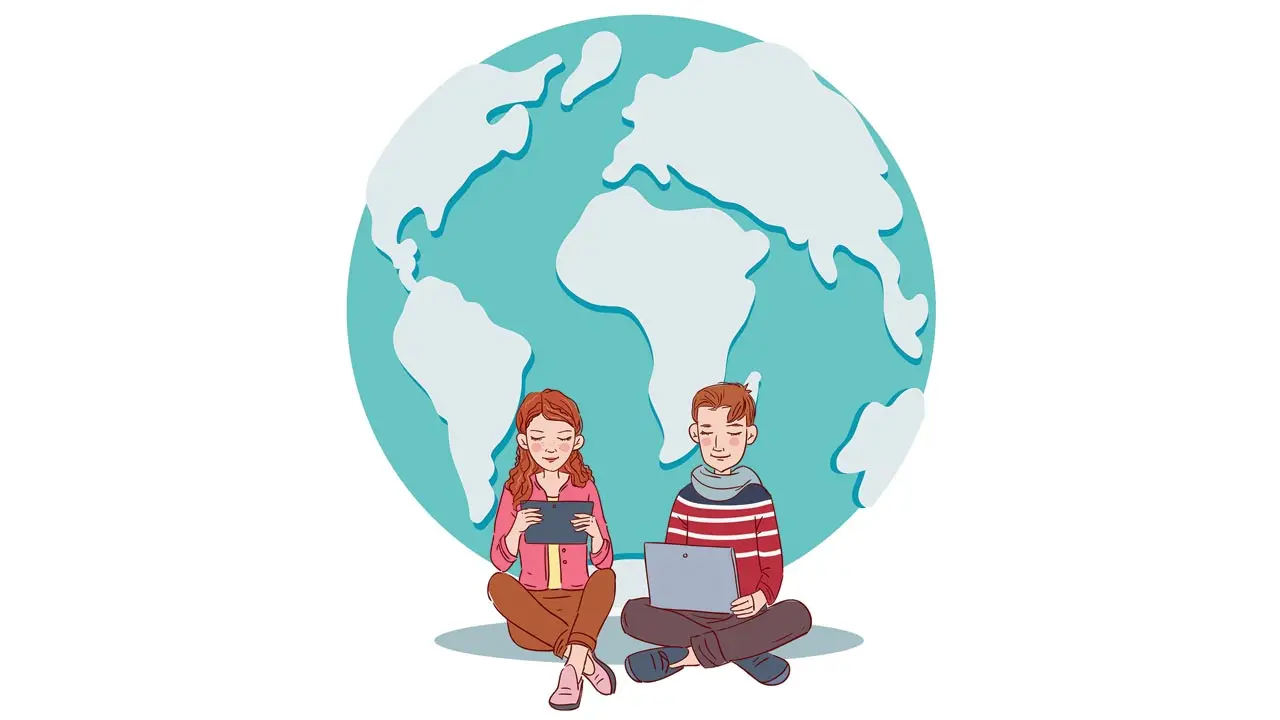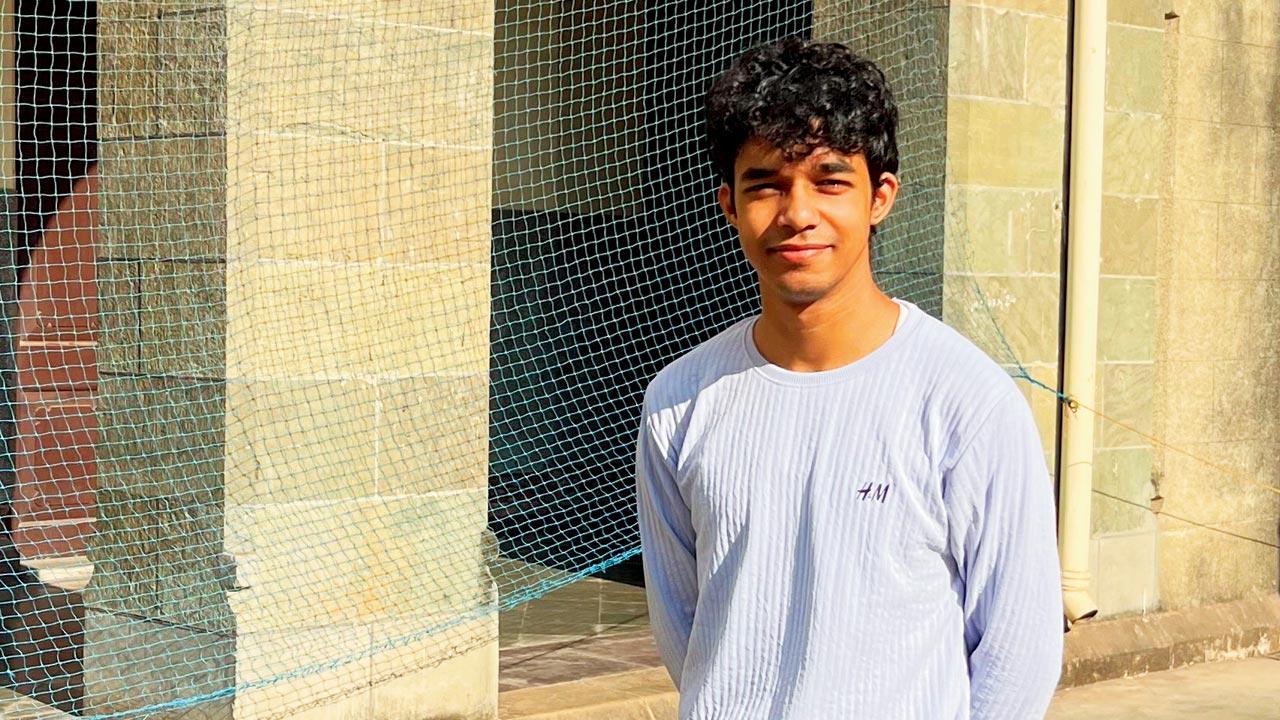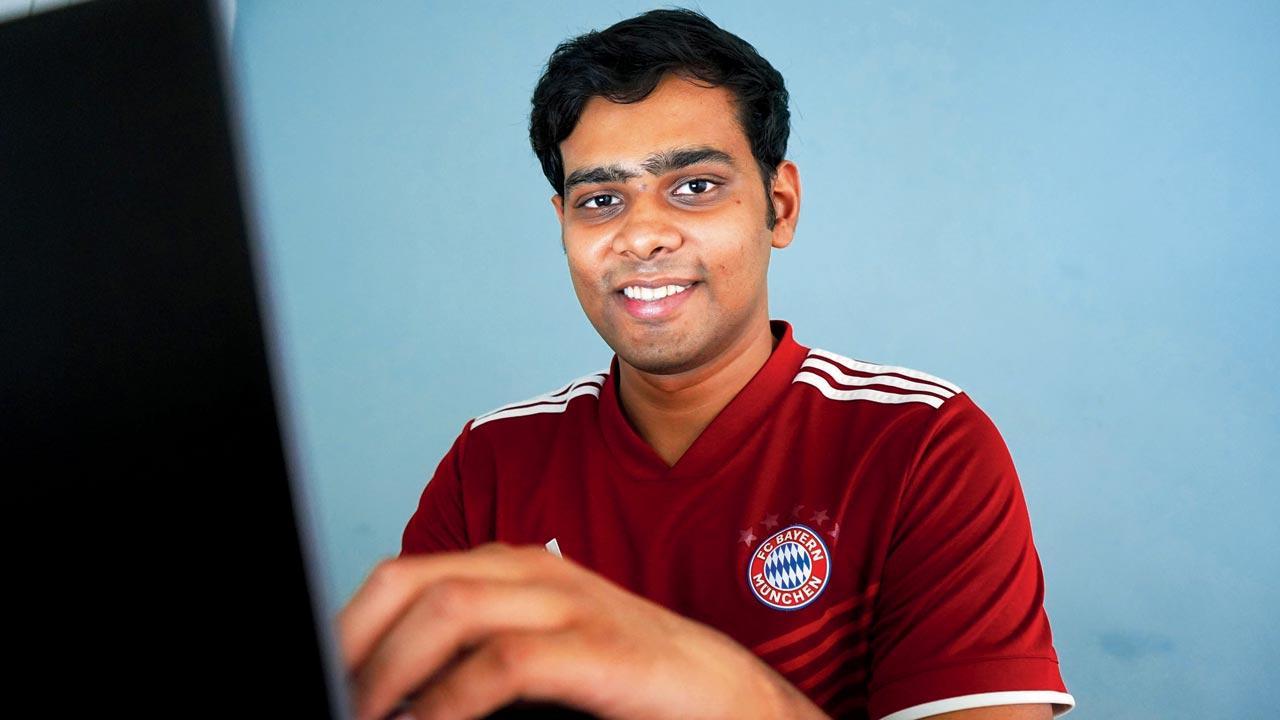Why is Gen Z choosing the quiet corners of the Internet? To preserve their sanity and build a community devoid of the drama

Pic/iStock
At 11.24 pm, Shreyan Sengupta switches from his main Instagram account to his private one — a quiet, closed circle of just 16 followers. He types out a story about an awkward encounter at a bar, hitting “Post” without a second thought. Within minutes, a few replies trickle in. “Dude, the same thing happened to me once,” one friend writes.
It’s not viral. It’s not even meant to be. But it’s real. And that’s enough. This kind of digital intimacy, away from the curated feeds and performance of public platforms, is becoming the norm for many in Gen Z. In a world that demands constant visibility, they’re carving out softer, quieter corners of the internet where being vulnerable doesn’t mean being watched. They don’t have to perform there. It’s a safe space, one where they can retreat and feel emotionally protected.

While his main account is censored and conscious, Shreyan Sengupta’s private one is spontaneous and raw. “I might post 30 stories in a day just talking to the void, like a diary,” he says. Pic/Shreyan Sengupta
For Sengupta, 21, the “main” Instagram account is for the world — the curated version of himself. But the real him lives somewhere quieter: a private account consisting of 16 followers and only eight who regularly view his stories. “Those eight people are really close to me in real life, so I’m completely unfiltered there,” he says. “That’s the whole point.” In this private space, he doesn’t worry about fitting into a trend or explaining context. He posts about niche moments — like confronting someone who tried to scam him at a bar — and finds unexpected solidarity when others say they’ve been through the same. “It made me feel heard, like I wasn’t crazy.”
While his main account is censored and conscious, the private one is spontaneous and raw. “I might post 30 stories in a day just talking to the void, like a diary,” he says. The replies matter; they don’t feel performative. “It tells me people are listening — not skipping.” In a world that often feels hypercritical, this corner of the Internet offers Sengupta a rare sense of comfort.
 As surveillance capitalism intensifies, many Gen Z are practicing digital minimalism and choosing slower platforms. Pic/iStock
As surveillance capitalism intensifies, many Gen Z are practicing digital minimalism and choosing slower platforms. Pic/iStock
In the case of 20-year-old Pratham Mrabhakar, Reddit isn’t just another app — it’s a stressbuster. “Some people go out for a smoke; I open Reddit,” he says, admitting to spending nearly three hours a day on the platform. Unlike Instagram, Reddit doesn’t demand polish or performance. “You’re seen for your thoughts, not your face.”

Anonymity allows Pratham Mrabhakar to comment freely — on politics, personal frustrations, or hyper-niche interests — without the fear of judgment. “On Instagram, I’m conscious of who follows me. On Reddit, I feel no pressure.” Pic/Dweep Bane
What drew him in was football, but what kept him was the feeling of community — especially during isolating moments like the lockdown. He found solace in a quirky subreddit called r/DankExchange, where users “invested” in memes using fake currency. “It sounds silly, but that was my only real social interaction at the time,” he says. Anonymity allows him to comment freely — on politics, personal frustrations, or hyper-niche interests — without the fear of judgment. “On Instagram, I’m conscious of who follows me. On Reddit, I feel no pressure.”
For Mrabhakar, Reddit is part escape, part support system — a rare digital space where being seen doesn’t mean being watched.
The digital patterns observed in Mrabhakar’s story align with the trends Dr Shaunak Ajinkya, a therapist at Kokilaben Hospital, has witnessed in his practice. “Anxiety, sleep issues, low self-esteem, and attention problems — these are common signs of digital overstimulation,” he explains, noting a rise in Gen Z clients overwhelmed by constant comparison and content consumption. Platforms like Reddit or Discord, he says, offer “safe, curated spaces that provide a sense of family and protection,” helping users regulate emotions and feel seen without judgment. But he cautions against over-reliance: “We are not robots. People need people. These soft spaces help, but they can’t fully replace human contact.” Without offline interaction, even comforting digital zones can lead to emotional fatigue and social disconnect.
 Dr. Shaunak Ajinkya. Pic/Kokilaben Hospital; (right) Rohan Mathews
Dr. Shaunak Ajinkya. Pic/Kokilaben Hospital; (right) Rohan Mathews
For Bhakti Jain, a commerce student in standard XI, the Internet is less a stage and more a sanctuary. While she hasn’t quit social media entirely, she’s carved out intentional spaces that feel emotionally safe, such as a second, private Instagram account and a writing page where she shares memes, messy thoughts, and moments of honesty.
“The smaller the space, the wider the thoughts,” she says, describing how these quiet corners allow her to express freely without the pressure of likes or being performative. Unlike many of her peers, she prefers being seen deeply by a few rather than broadly by many. Silence from her digital circle isn’t unsettling, but rather calming. “When life gets loud, these digital corners feel like silence,” she says. What she wants from the digital world isn’t virality, but realness — spaces that support creativity, vulnerability, and mental well-being. Her digital life, by design, is minimalist, personal, and more about connection than attention.
“What we’re seeing with Gen Z isn’t a total rejection of the Internet, but a recalibration,” says Rohan Dominic Mathews, a public policy researcher based
in Mumbai. “It’s not about logging off — it’s about logging in, more meaningfully.” As surveillance capitalism intensifies, many Gen Z users are practicing digital minimalism and choosing slower platforms like Tumblr, Substack, or even private Discord servers, where connection feels more ambient than performative.
This shift signals resistance to algorithmic noise and a return to the Quiet Web — spaces of low-pressure intimacy where emotional expression is possible without the burden of reach or reaction. Mathews sees this as a generational pushback: “These micro-communities aren’t escaping the system, but they’re creating pauses
within it.”
Soft spaces online aren’t about disappearing — they’re about reclaiming. Gen Z isn’t rejecting the Internet; they’re rewriting the rules, curating quieter corners that feel safe, slow, and intentional. Instead of chasing likes, they’re choosing depth, intimacy, and control.
These shifts mark a recalibration, not a retreat. As Jain puts it, “This is the Internet, but it’s mine.”
 Subscribe today by clicking the link and stay updated with the latest news!" Click here!
Subscribe today by clicking the link and stay updated with the latest news!" Click here!






